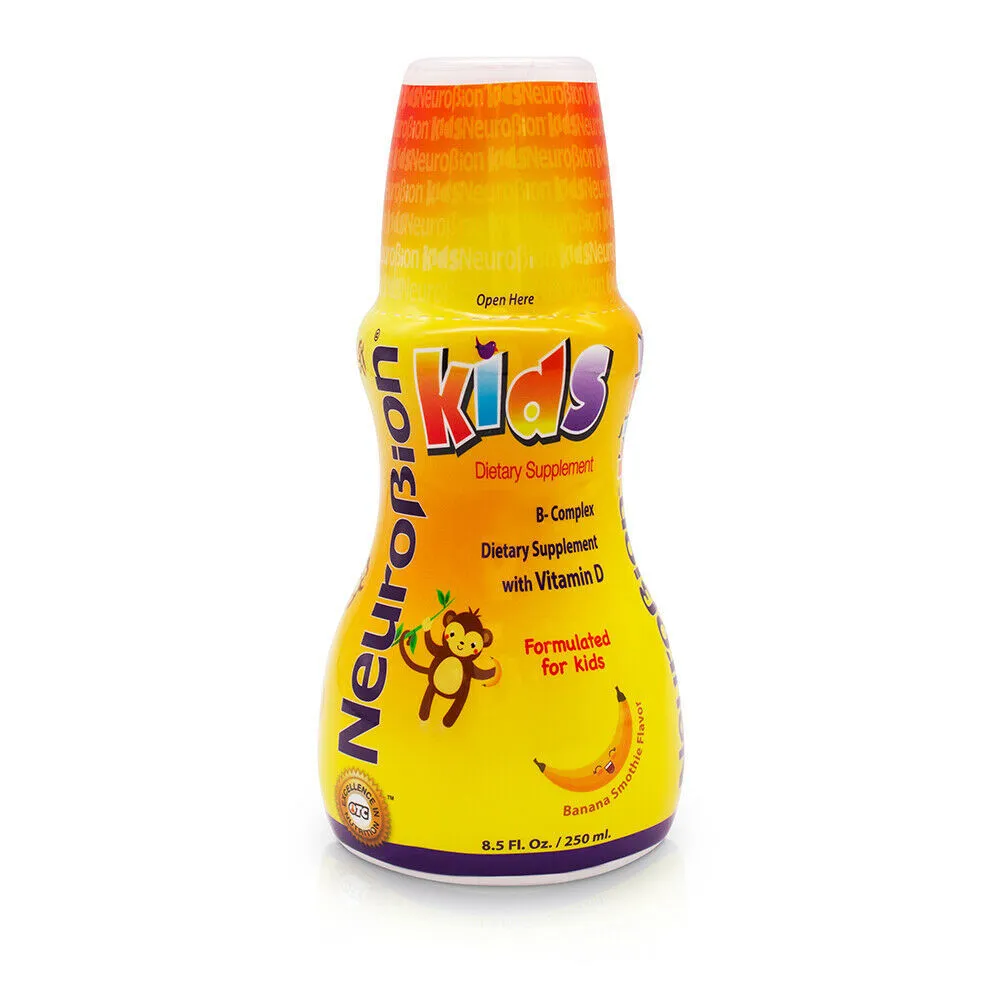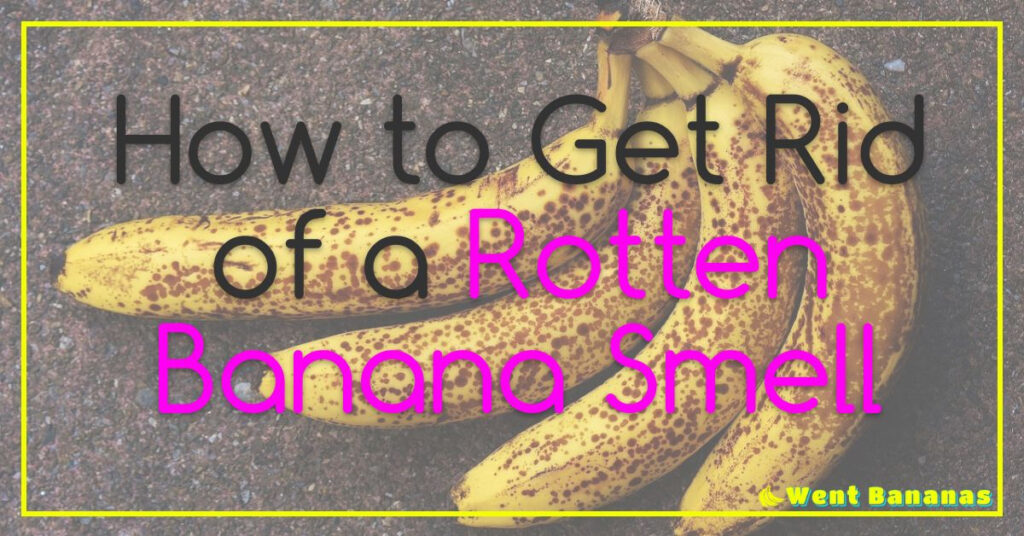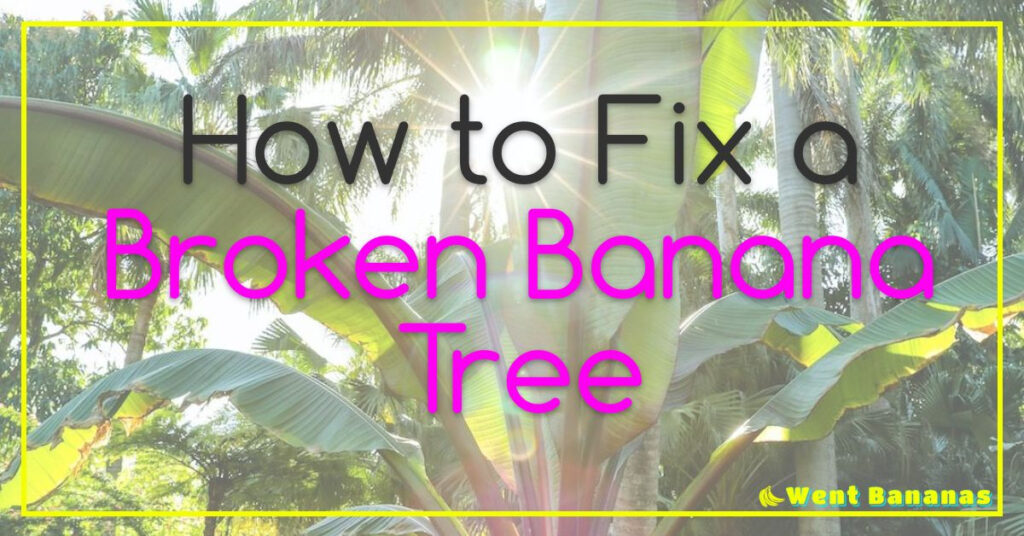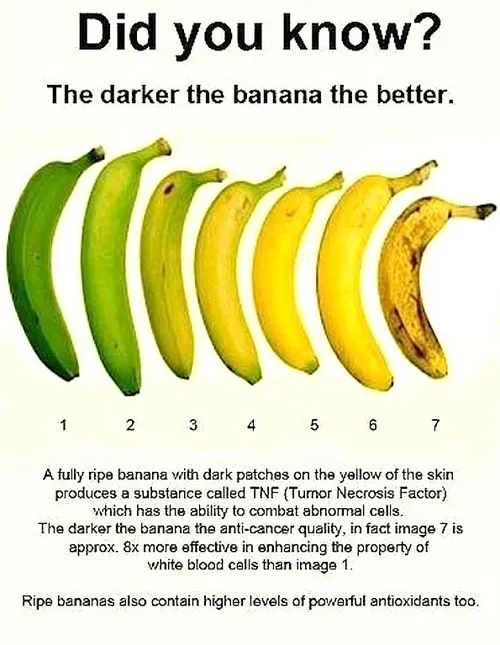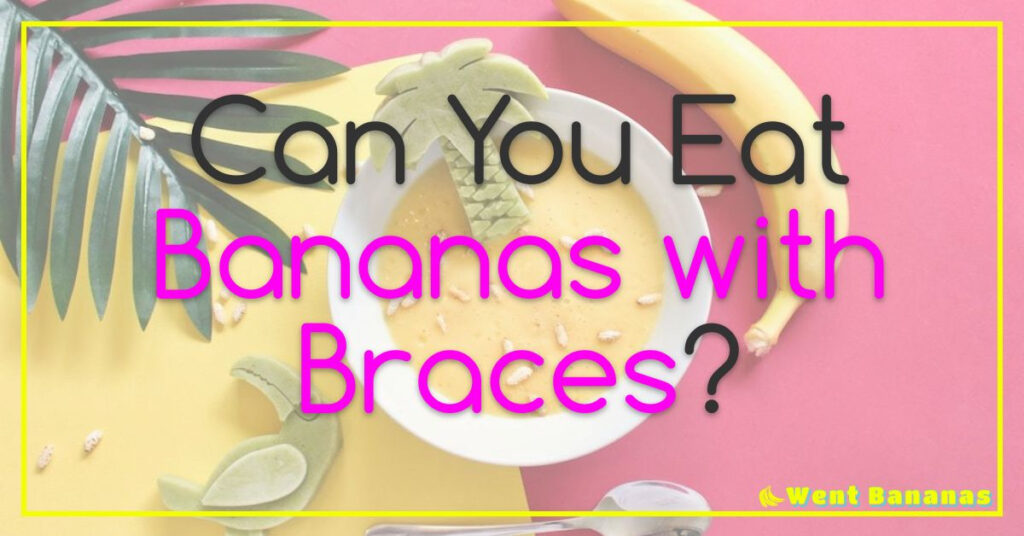Do Bananas Contain Vitamin D? Everything You Need to Know
Bananas are one of the most popular fruits in the world, known for their sweet taste and easy, on-the-go convenience. But do they contain vitamin D, an essential nutrient that is important for maintaining strong bones and overall good health? In this article, we’ll explore this topic and answer all your burning questions about bananas and vitamin D. We’ll also discuss what vitamin D is, its important role in our bodies, and the nutritional content of bananas. So if you’re looking to learn more about bananas and vitamin D, keep reading!
What is vitamin D, and why is it important?
While bananas are a great source of potassium and other important nutrients, they don’t contain much vitamin D. So what exactly is this elusive vitamin, and why is it so important for our health?
Vitamin D is actually a hormone that our bodies produce when we’re exposed to sunlight. It plays a crucial role in maintaining healthy bones by helping our bodies absorb calcium from the foods we eat. But its benefits go far beyond just bone health – research suggests that vitamin D may also help reduce the risk of certain cancers, heart disease, and even depression.

Unfortunately, many people don’t get enough vitamin D through sunshine alone, especially those who live in northern latitudes or spend most of their time indoors. That’s where dietary sources come in – while few foods naturally contain significant amounts of vitamin D, some are fortified with it (like milk and cereal) or can be found in supplement form.
So if you’re looking to boost your overall health and wellness (and keep your bones strong!), make sure you’re getting enough vitamin D through a combination of sun exposure and dietary sources. And while bananas might not be the best source of this essential nutrient, they definitely make for a delicious snack!
The nutritional content of bananas.
Bananas are a popular fruit that is enjoyed by many people around the world. Despite their popularity, there is still much to learn about the nutritional content of bananas.
One significant benefit of consuming bananas is their high levels of potassium. Potassium plays a vital role in maintaining healthy blood pressure levels and proper nerve and muscle function. Additionally, bananas are rich in Vitamin C, which helps boost immunity and promote wound healing.
Bananas also contain dietary fiber, which can help regulate digestion and prevent constipation. Furthermore, they are low in fat and calories, making them an excellent choice for individuals looking to maintain a healthy weight.
It’s worth noting that the ripeness of a banana can impact its nutritional content. Ripe bananas tend to have higher sugar content than unripe ones but also possess more health benefits such as increased antioxidant activity.
In conclusion, consuming bananas can provide numerous health benefits due to their high potassium content, Vitamin C levels, and dietary fiber. Whether eaten as a snack or incorporated into meals or smoothies – they’re an excellent addition to any diet for those seeking optimal nutrition!
What nutrients can be found in bananas, including Vitamin D?
Bananas are not only a delicious and convenient snack, but they also contain a wide range of essential nutrients that can benefit your health in many ways. One of the most important nutrients found in bananas is vitamin D.
While vitamin D is primarily obtained from exposure to sunlight, it can also be found in small amounts in certain foods, including bananas. This powerful vitamin plays a crucial role in bone health, as it helps the body absorb calcium and maintain strong bones.
In addition to vitamin D, bananas are also rich in other key nutrients such as potassium, fiber, and vitamins B6 and C. Potassium is especially important for maintaining healthy blood pressure levels and reducing the risk of heart disease.

Fiber helps support digestive health by promoting regularity and preventing constipation. Meanwhile, vitamins B6 and C both play important roles in immune function and overall energy levels.
So if you’re looking for a tasty way to boost your nutrient intake, consider adding more bananas to your diet! Whether eaten on their own or incorporated into recipes like smoothies or banana bread, these versatile fruits offer a wealth of health benefits that should not be overlooked.
Could you please clarify whether or not bananas contain vitamin D?
There has been some confusion surrounding whether bananas contain vitamin D. While it is true that bananas do not naturally contain vitamin D, they do provide a host of other essential vitamins and minerals that make them a valuable addition to any diet.
However, there are some brands of fortified banana products on the market that have been enriched with additional nutrients such as vitamin D. These products typically undergo a process where the fruit is exposed to UV light, which triggers the production of vitamin D.
It is important to note that while fortified banana products may offer an additional source of vitamin D, they should not be relied upon as the sole source for this essential nutrient. It is always best to consult with a healthcare professional or registered dietitian to ensure you are meeting your daily recommended intake levels for all necessary vitamins and minerals.
Ultimately, while bananas may not be a direct source of vitamin D, their wealth of other beneficial nutrients make them an excellent choice for anyone looking to improve their overall health and wellbeing. So go ahead and enjoy those delicious yellow fruits without worrying about missing out on this particular nutrient!

Additional sources of vitamin D are available for those looking to increase their intake.
While most people associate vitamin D with sunlight and dairy products, there are actually a variety of sources for this essential nutrient. For those looking to increase their intake of vitamin D, bananas can be an unexpected and delicious option.
Bananas contain a small amount of vitamin D in each serving, but it is still significant enough to contribute to your daily recommended intake. Additionally, bananas also provide other important nutrients such as potassium and fiber.
Another source of vitamin D that many people overlook is mushrooms. Certain types of mushrooms are exposed to ultraviolet light during growth, which causes them to naturally produce the nutrient. Look for varieties such as shiitake or portobello mushrooms for a tasty way to boost your vitamin D levels.
For those who prefer plant-based options, fortified foods can also be a useful source of vitamin D. Many brands now offer products like almond milk or cereal that have been enriched with the nutrient.
It’s important to remember that while these sources can help increase your intake of vitamin D, they should not replace regular sun exposure or supplementation if necessary. Consult with a healthcare professional if you have concerns about your vitamin levels.
By incorporating these additional sources into your diet along with sunlight and dairy products, you can ensure that you are meeting your body’s needs for this crucial nutrient. So next time you’re reaching for a snack, consider grabbing a banana or adding some mushrooms to your meal!
Check out our other articles to find out even more about banana.
Bananas are a delicious and nutritious fruit, with many essential vitamins and minerals. While bananas do not contain vitamin D, they provide a variety of other health benefits. It’s important to remember that there are plenty of other sources for vitamin D available as well! If you’re interested in learning more about the nutritional content of bananas or even further information about Vitamin D itself, be sure to check out our other articles to find out even more!

